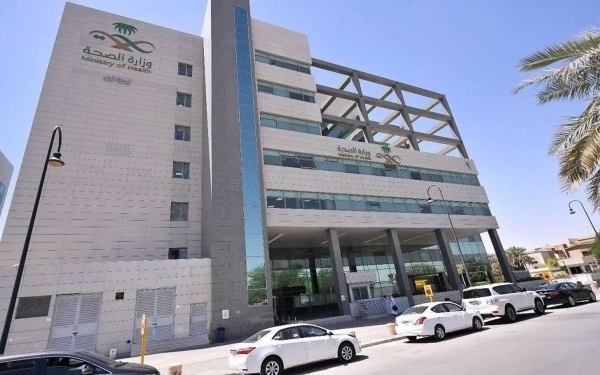

The Law of Private Health Institutions in the Kingdom of Saudi Arabia is a set of legal regulations governing the operation of health institutions owned by the private sector. These institutions specialize in providing treatment, disease diagnosis, or any health-related services, such as: hospitals, medical complexes, clinics, and radiology centers.
Stages of the Private Health Institutions Law
The Law of Private Health Institutions was initially issued in 1987 to regulate private medical institutions and their licensing processes. This law was later repealed and replaced by the current version on January 6, 2003. Over the years, the law has been amended several times, including amendments to Article Two in 2013, 2020, and 2023, which addressed the private ownership of medical facilities. These amendments stipulated that non-hospital health facilities shall be owned by Saudi nationals and that clinic owners shall be Saudi physicians specialized in the relevant field. Another significant amendment was made to Article Seven in 2014, which required health institutions to adhere to approved service rates, provide patients with an estimated cost of treatment before it begins, and issue a detailed final statement outlining the type and cost of treatments and services rendered.
Characteristics of the Law of Private Health Institutions
The Law of Private Health Institutions clarifies the definition of each type of health facility, such as: defining a hospital and distinguishing it from a clinic, medical laboratory, and same-day surgery center.
The law defines hospitals as facilities where patients are received, examined, treated, and hospitalized. General Polyclinics are defined as facilities where patients are received, examined, and treated. They have at least three different medical specialties, one of which is a primary specialty (e.g., surgery, internal medicine, obstetrics and gynecology, pediatrics, family medicine). Specialized Polyclinics are described as polyclinics including one medical specialty, or more, and its subspecialties. Clinics are defined as facilities where patients are received, examined, and treated. Same-Day Surgery Centers are health institutions licensed to hospitalize patients for conducting medical procedures, such as minor or intermediate surgeries, provided that the patient is discharged on the same day.
Amendment to the Implementing Regulations of the Law of Private Health Institutions
The Implementing Regulations of the Law of Private Health Institutions were amended in 2018 to promote the principle of collaboration between the private sector, non-profit organizations, and the Ministry of Health. This amendment allowed the delegation of certain tasks specified in the regulations of the Law of Private Health Institutions to other sectors, thereby providing an opportunity for all parties to participate. The regulations were designed with flexible language, enabling them to be updated regularly to keep pace with the evolving healthcare environment.
Medical education in the Law of Private Health Institutions
The Law of Private Health Institutions requires private healthcare entities to enable health practitioners to attend continuous medical education programs in their field of specialization, whether within Saudi Arabia or abroad, as determined by the Saudi Commission for Health Specialties. The law also mandates that all hospitals must establish a medical library and subscribe to relevant scientific journals in their area of specialization. Other health institutions are required to provide access to fundamental scientific journals related to their field of expertise.
Penalties for violators of the Law of Private Health Institutions
Any person in violation of any of the provisions of this Law is subject to one or more of the following penalties: a fine of not less than SAR10,000 and not exceeding SAR100,000; closure of the private health institution for a period not exceeding sixty days, and the institution must take all necessary arrangements to transfer in-patients to other institutions prior to closure; withdrawal of the license, and in this case, the licensee may not apply for a new license except after the lapse of at least two years from the date of withdrawal.
Related quizzes
Related articles

